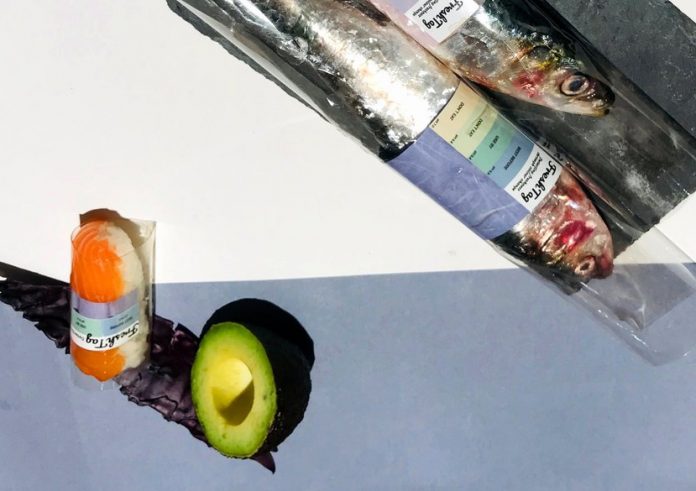The Innovate UK grant will sponsor the development of inventions – from 3D-printed knee replacements to a device that recycles shower water for washing machines
The grant, worth £5,000, comes with living expenses for one year and coaching. The cohort have a range of interesting projects between them, which touch on issues from COVID to an impending water shortage in the UK.
In 2022, 63 young people across the UK were given the grant.
Indro Mukerjee, CEO of Innovate UK, said: “The innovation potential of this young age group is incredible. It’s a cohort that promises to bring energy, entrepreneurial flair and fresh perspectives to today’s big challenges.”
What are five ideas that won the Innovate UK Grant?
1. A machine that filters shower water for washing clothes
Co-founded by Joanna Power and Paramveer Bhachu, the output of Lylo Products is a removable water tank and filter. It can transform shower water into clean water for laundry use, which would address one of the pressing climate issues of the era – the shrinking reserves of water around the world.
According to the duo, a single person uses 149 litres of water per day, 12% on showering and 13% on laundry.
Joanna Power commented: “England is set to run short of water within 25 years. We must examine our current use of water more strategically. Our washing machine does just that, its removable water tank is placed on the shower floor during showering, then returned to its base for use in the laundry process!
“I applied for the Young Innovators programme to inspire other young female designers and engineers.”
2. 3D-printed knee replacements
Maxwell Munford is the creator of a patented 3D-printed knee replacement, which draws on his past in engineering. He is currently a PhD student at Imperial College London.
His work has been proven to address problems such as bone loss and implant failure by stimulating long-term bone growth.
3. A non-invasive device that prevents muscle wastage
Mihir Sheth co-founded a non-invasive medical device that keeps muscles working, while they are put to sleep on ventilators. According to scientists, ventilation can create a serious issue for the lung muscles – as the body can lost respiratory muscle capacity from a lack of use.
One paper, authored by Dr Martin J. Tobin, said: “The fear is that mechanical ventilation lowers demands on a patient’s respiratory muscles to such an extent that they become inactive, resulting in injury and atrophy at a structural level.”
He said: “During the pandemic, naturally the attention globally was on the need to get seriously ill patients on ventilators. But I became increasingly frustrated as I saw patients slowly wasting away, with no-one considering how to quickly get patients off the ventilators.
“After six days, a patient can lose up to 32% of their respiratory muscle strength.”
4. A colour-changing device that shows if food is fresh or expired
Rui Xu is the inventor of FreshTag.
Speaking to Next Nature, she said: “It’s a smart and sustainable packaging startup and I’m currently working at the intersection of design materials, food science and technologies to explore intelligent packaging solutions for food products and to challenge the global food waste issue.”
FreshTag allows consumers to see at a glance whether the food they’ve bought is still safe to eat. The novel pH-sensitive colour coding solution accurately indicates if the food is still fresh even after a sell by date.
Food security is a burgeoning global issue, with fishing and agriculture in the Global South heavily impacted by a changing climate. A new system that prevents food waste will directly act to decrease the carbon emissions that are released during manufacturing and farming processes.
5. A platform that has work opportunities for people outside 9-5 hours
Beth Kume-Holland created Patchwork Hub, an accessible employment platform.
Beth first started Patchwork Hub in 2019 because of her own experience trying to find work with her disability and chronic health conditions, as well as her experiences in her disability advocacy work.
It connects employers to skilled professionals who are looking for work opportunities outside the conventional nine to five office job, like parents and carers. During the pandemic, some people found it even harder to work conventional hours and manage their ‘invisible’ duties – ones not acknowledged by workplaces. For full-time carers who needed to continue making money, hours of work meant making a lot of difficult decisions.
This platform is the answer to extensively negotiating contracts and working hours, providing jobs with hours that can benefit both parties.











